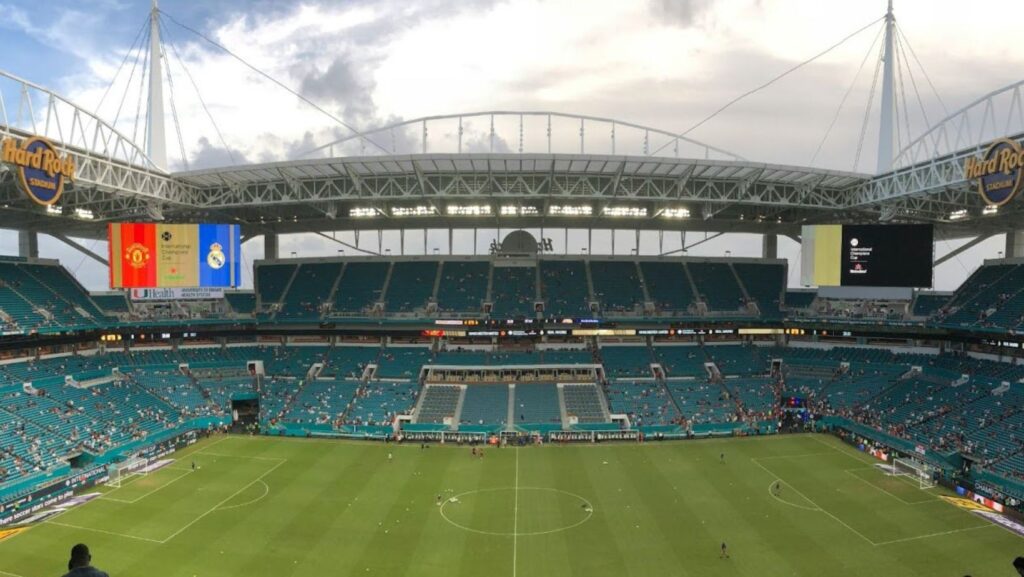
Seattle sports fans have built a reputation as some of the most passionate and vocal in the country. The Seahawks’ fans, known collectively as the “12s,” take this to another level, regularly reaching decibel levels higher than a jet engine. But does this intensity actually give Seattle teams a competitive edge?
Research in sports psychology, crowd noise studies, and real-game examples suggest that home-field advantage is a measurable phenomenon. A roaring crowd can disrupt an opponent’s communication, affect referee decisions, and even alter a player’s physical and mental state.
Some moments in sports feel completely unpredictable, as if luck plays just as big a role as skill. That same excitement is what makes games of chance so thrilling. If you enjoy that kind of rush, click here for a different kind of game-day experience. Now, let’s explore what makes Seattle’s home crowd so powerful and how it influences the outcome of games.
How the Home Crowd Affects Players
Crowds have a direct effect on player confidence. In sports psychology, this is known as social facilitation — the idea that people tend to perform better when they are watched by an audience. When a player hears tens of thousands of fans cheering for them, it reinforces their sense of control and ability. This effect is most noticeable in high-pressure moments, such as free throws in basketball, penalty kicks in soccer, or a game-winning drive in football.
A loud home crowd actively works against the opponent. Visiting players face more than just a hostile environment; they have to deal with real psychological and physiological effects.
Extreme noise makes it harder to focus. Exposure to high-decibel levels over long periods increases cortisol, the body’s main stress hormone. Higher cortisol levels lead to impaired concentration and increased fatigue. Opposing quarterbacks, for example, often have trouble making pre-snap reads in Seattle, leading to sacks, miscommunications, and costly mistakes.
This effect is even more pronounced in younger or less experienced players. When an NFL rookie plays their first game at Lumen Field, the overwhelming sound and energy from the 12s can make them feel rushed, anxious, and prone to errors.
Referee Bias Toward the Home Team
Another hidden advantage of a loud home crowd comes from referee decision-making. Studies have shown that referees are not immune to pressure from a hostile environment.
When crowds react loudly to a perceived missed call, referees are more likely to make a compensatory call in the home team’s favor later in the game. This subtle influence can have a real impact over the course of a game, especially in close contests where a single penalty could change the outcome.
How the 12s Disrupt the Game
Lumen Field has twice set the Guinness World Record for loudest crowd noise in an NFL game. That’s louder than a chainsaw or a military jet during takeoff. One of the biggest advantages of extreme crowd noise is the effect it has on opposing offenses.

In the NFL, quarterbacks rely on verbal communication to call plays and make adjustments at the line of scrimmage. When a stadium is too loud for players to hear each other, teams are forced to switch to silent counts — a system where linemen move based on visual cues rather than sound.
This adjustment increases the likelihood of false starts, miscommunications, and delayed reactions. The Seahawks’ home-field advantage is so pronounced that Seattle’s opponents have led the NFL in false start penalties multiple times.
Cognitive Fatigue and Decision-Making Errors
Noise doesn’t just affect communication; it affects cognition. A study on auditory distraction found that loud, unpredictable noises reduce cognitive performance and slow reaction times. When players are forced to operate under these conditions for an entire game, their ability to make quick, sound decisions declines.

This is especially problematic in high-stakes moments. When an opposing quarterback needs to lead a game-winning drive in Seattle, they are not only dealing with an aggressive defense but also an environment that actively works against their ability to think clearly.
To Sum Up
Seattle’s home crowd provides a real competitive edge. Noise disrupts opposing teams, boosts home-player confidence, and even influences officiating. False starts, miscommunications, and mental fatigue are all part of why Seattle 12th Man is one of the most feared fan bases in sports.












